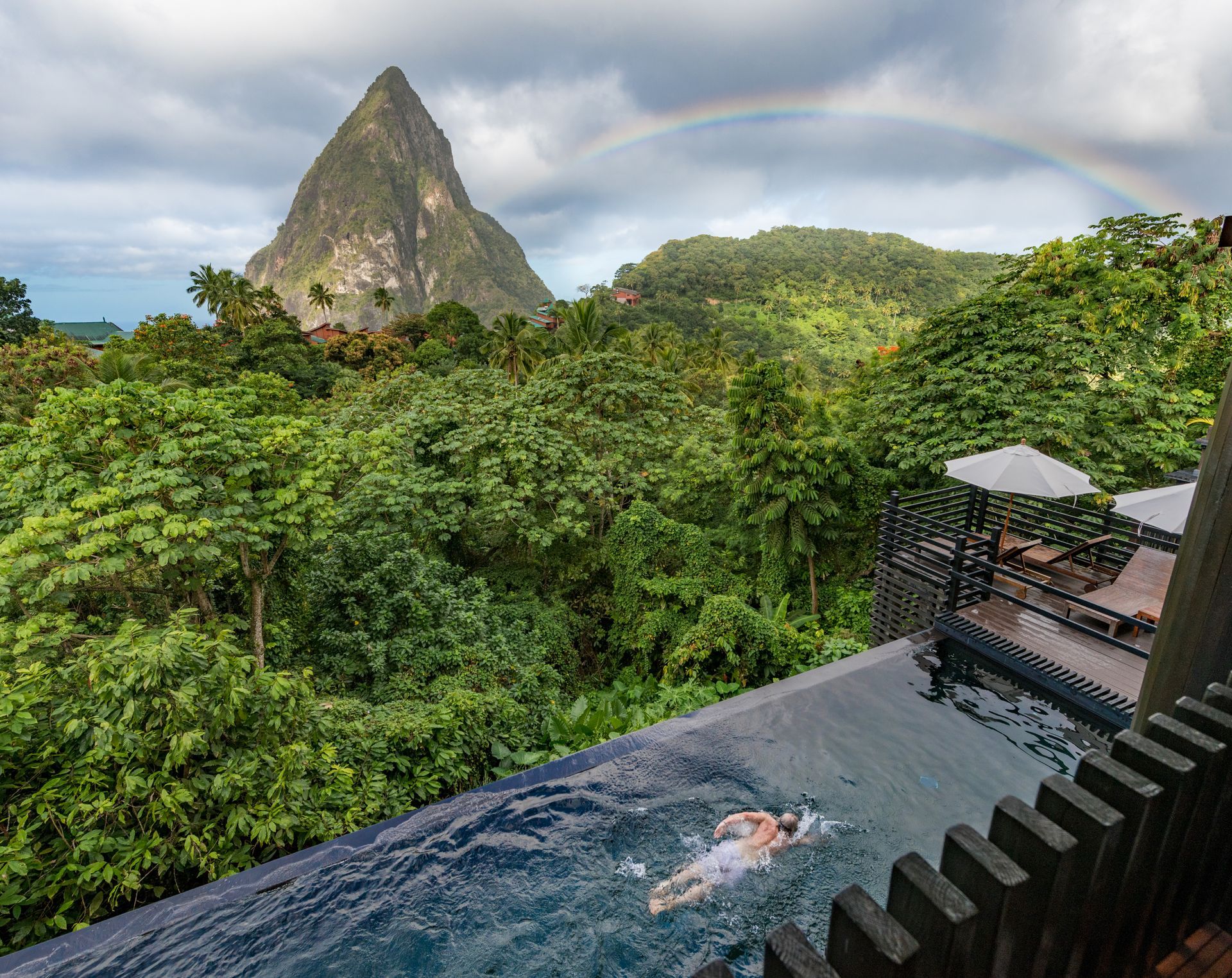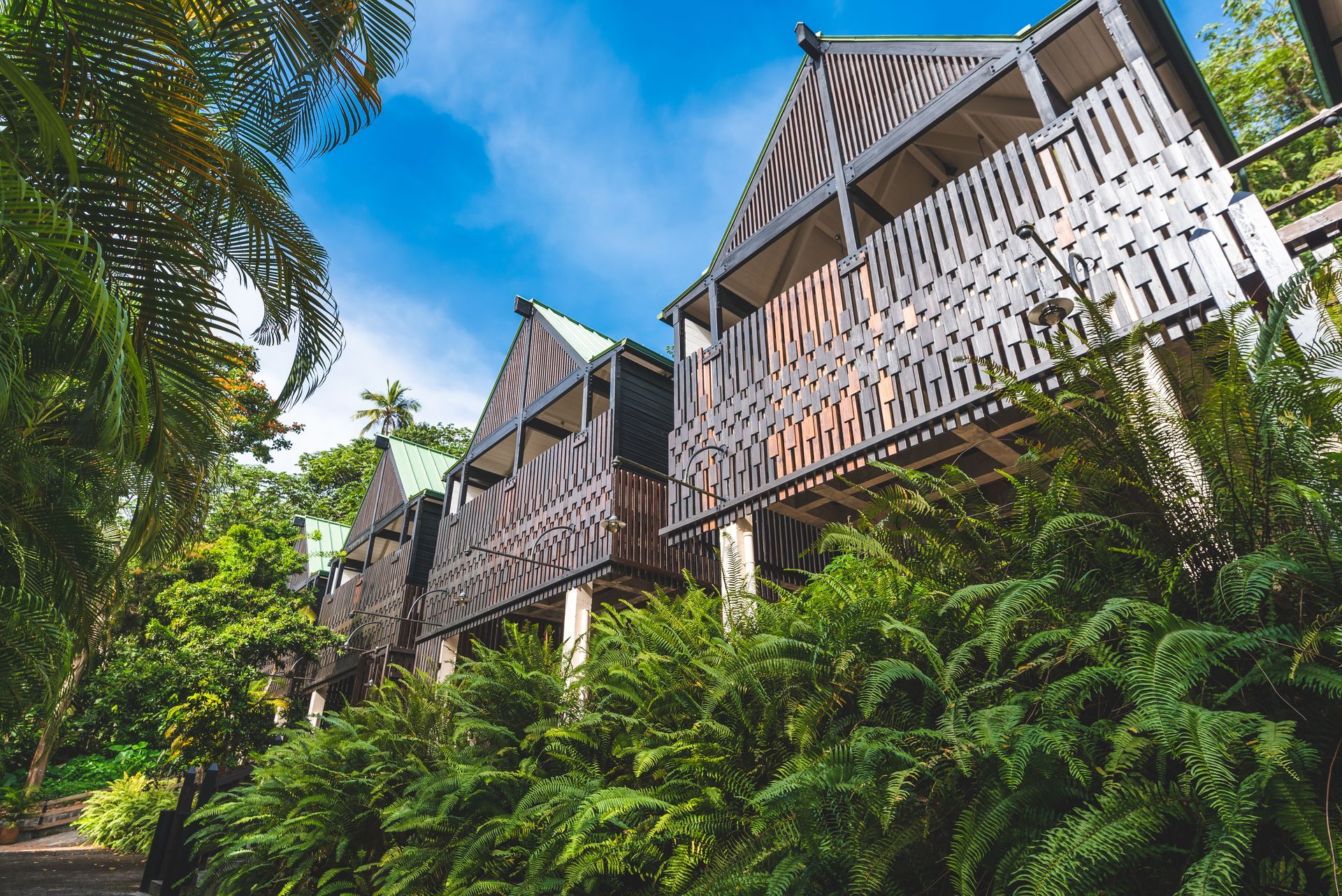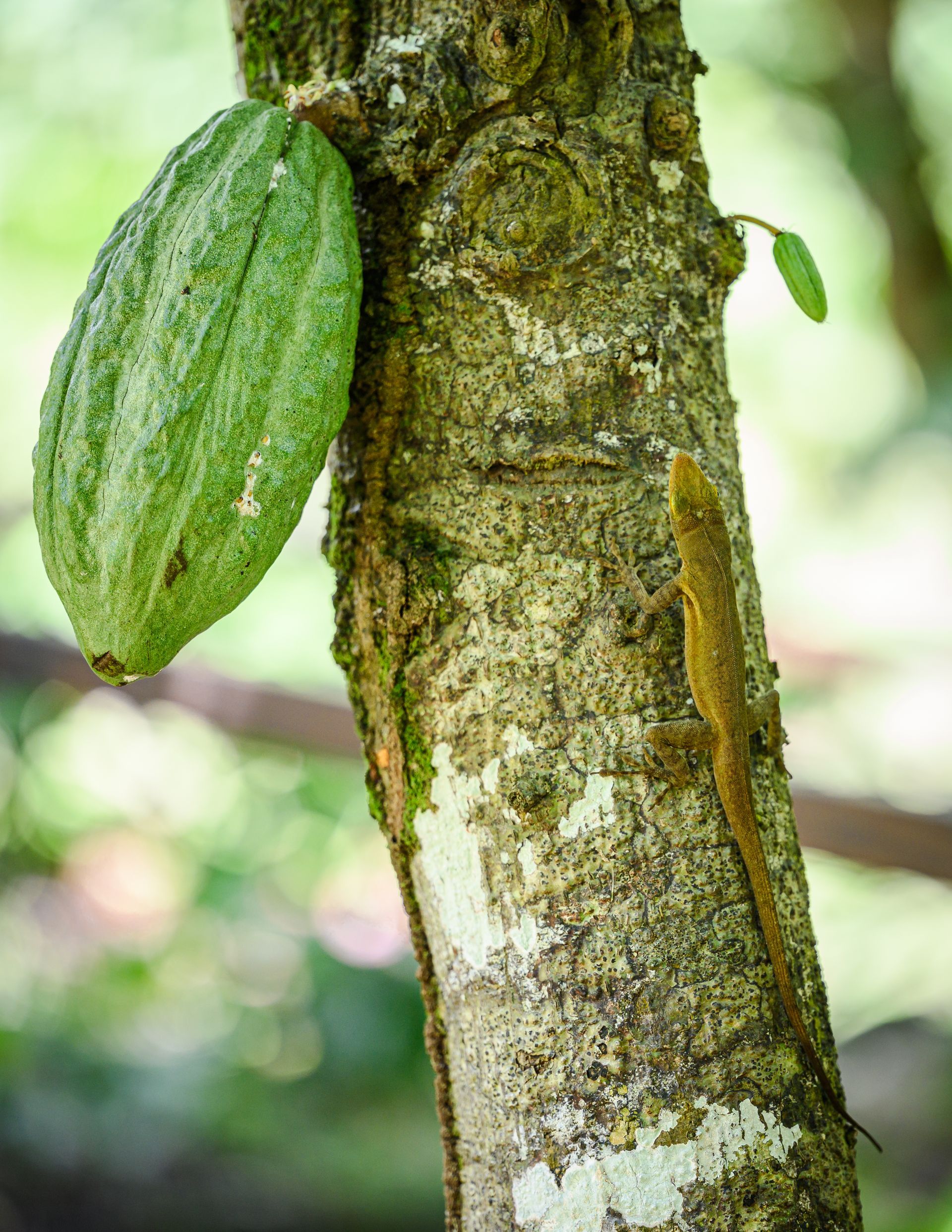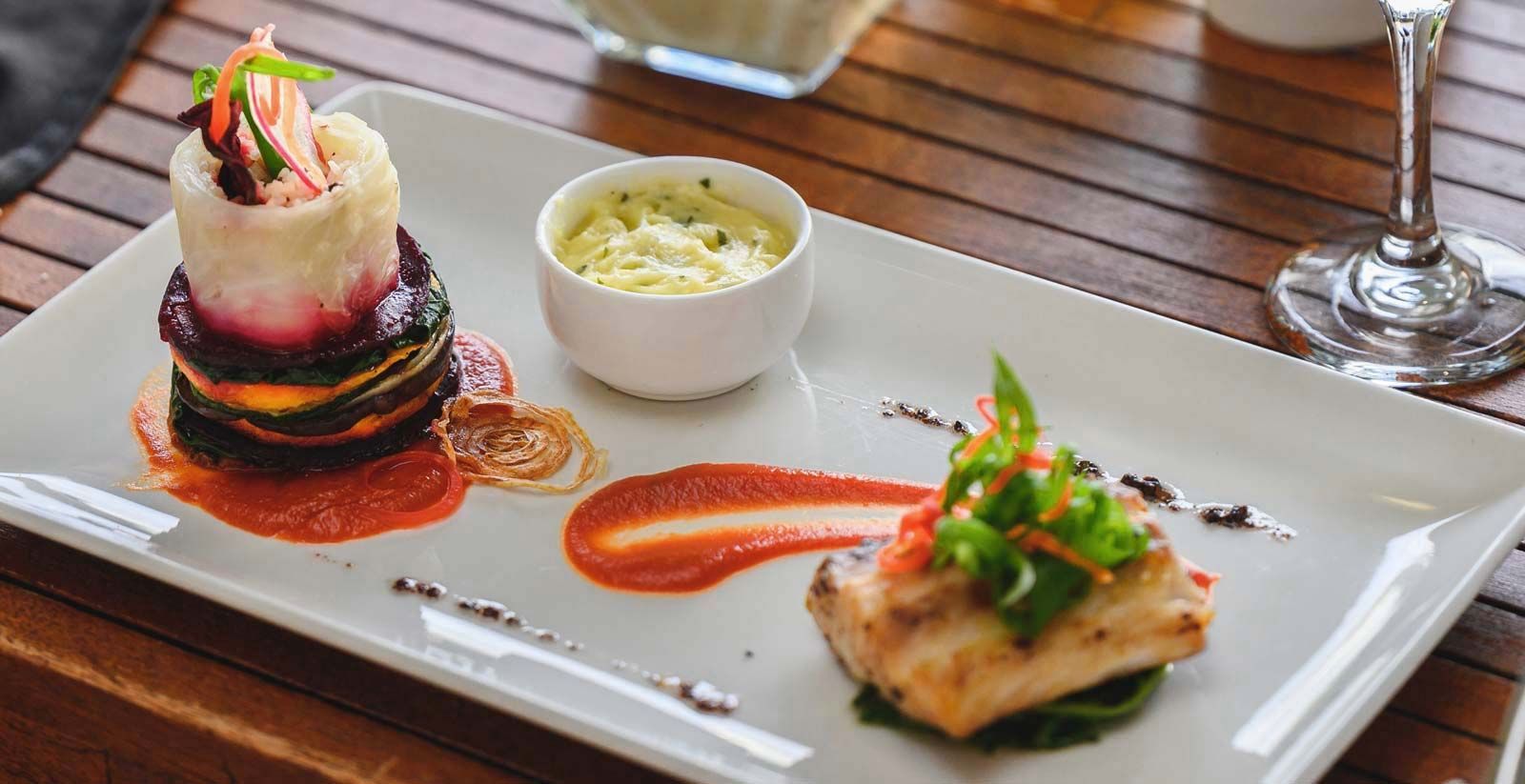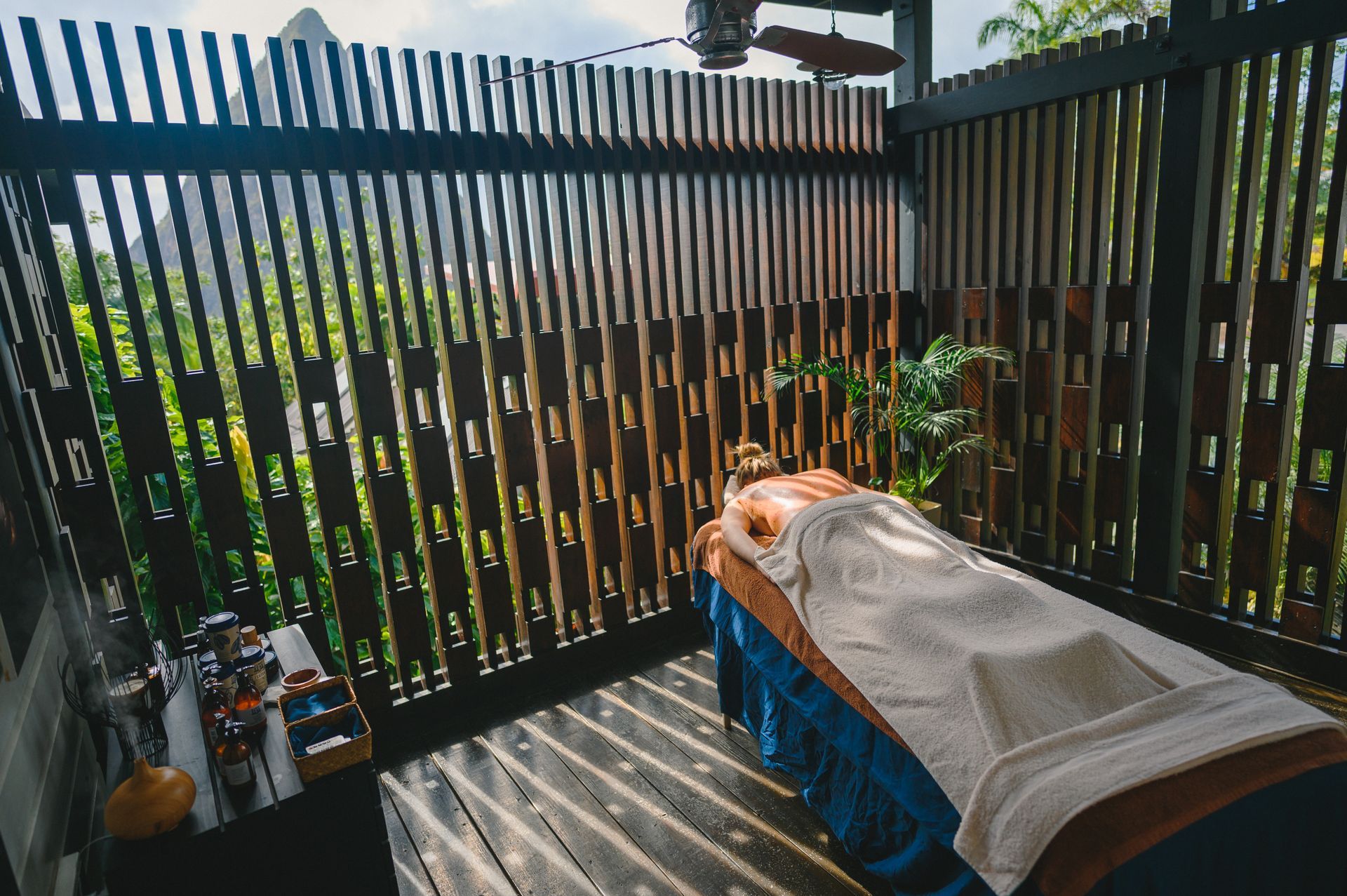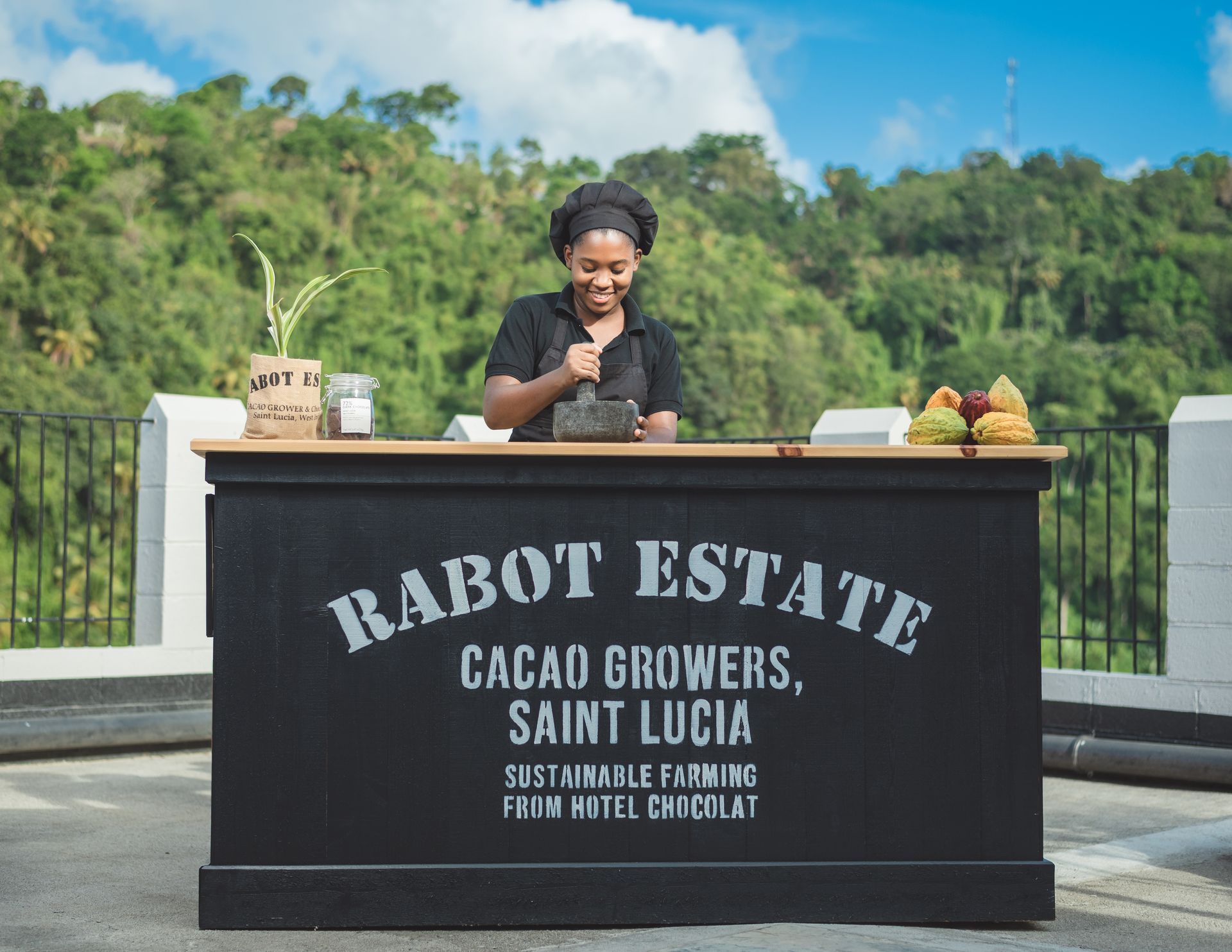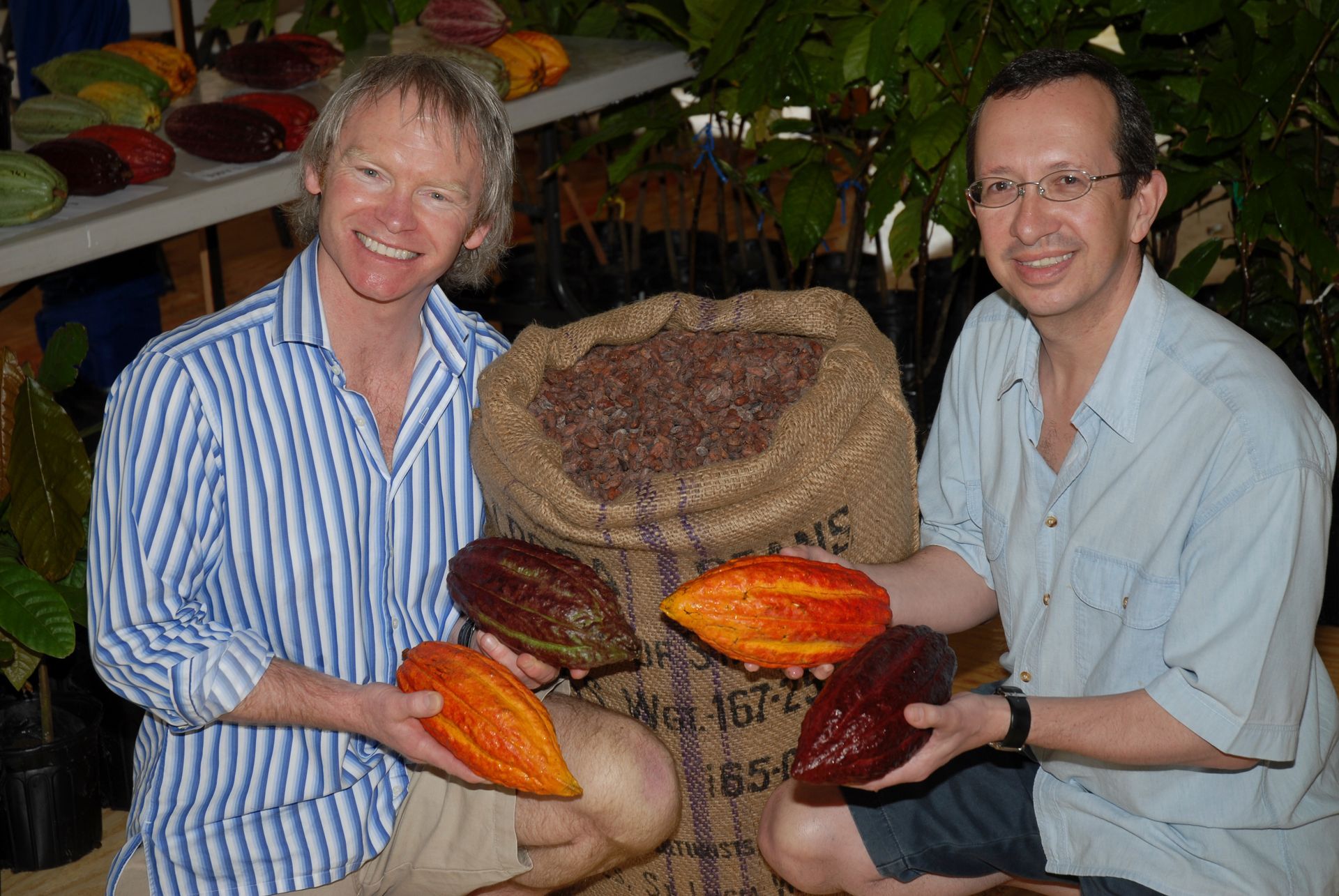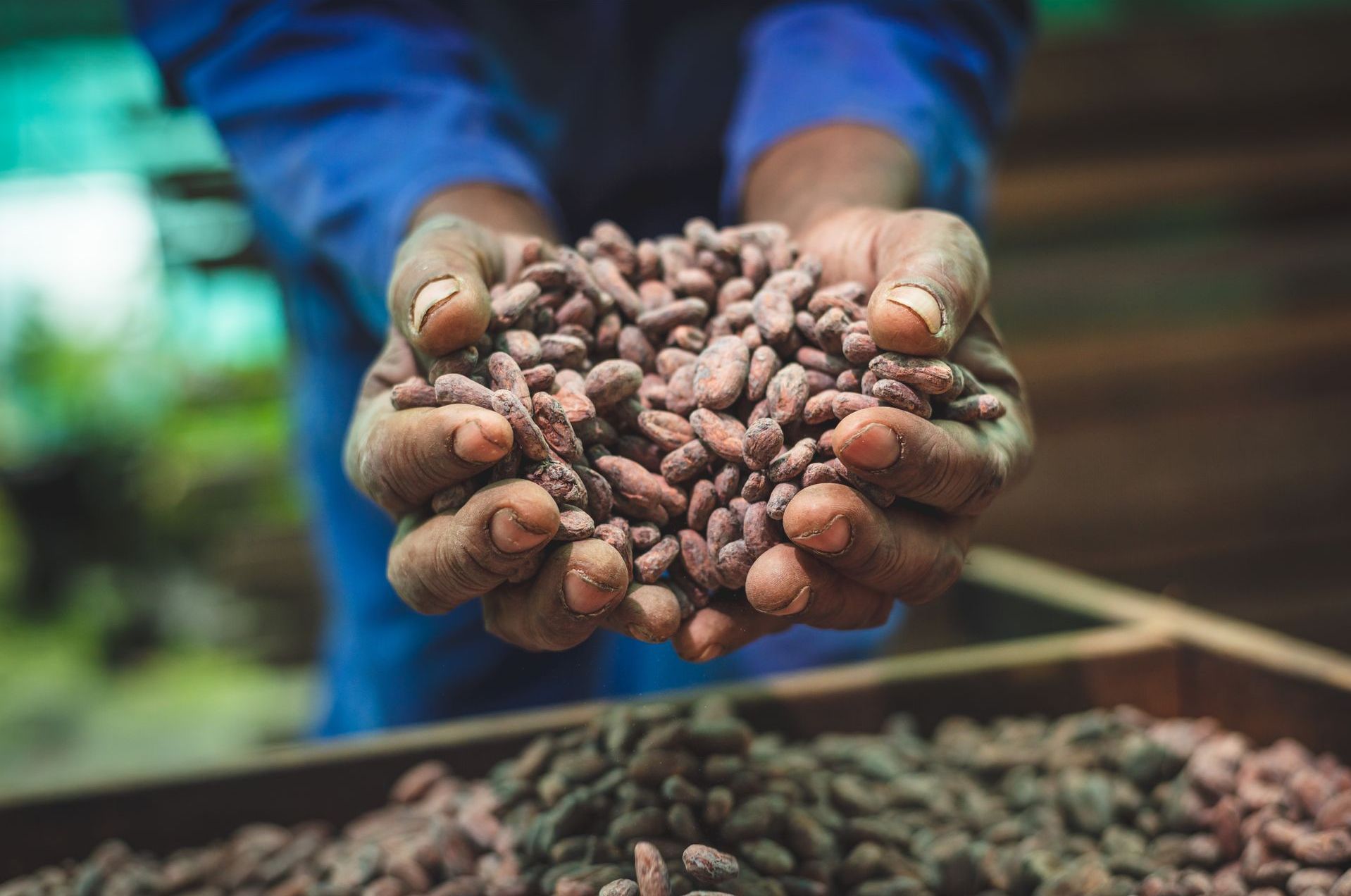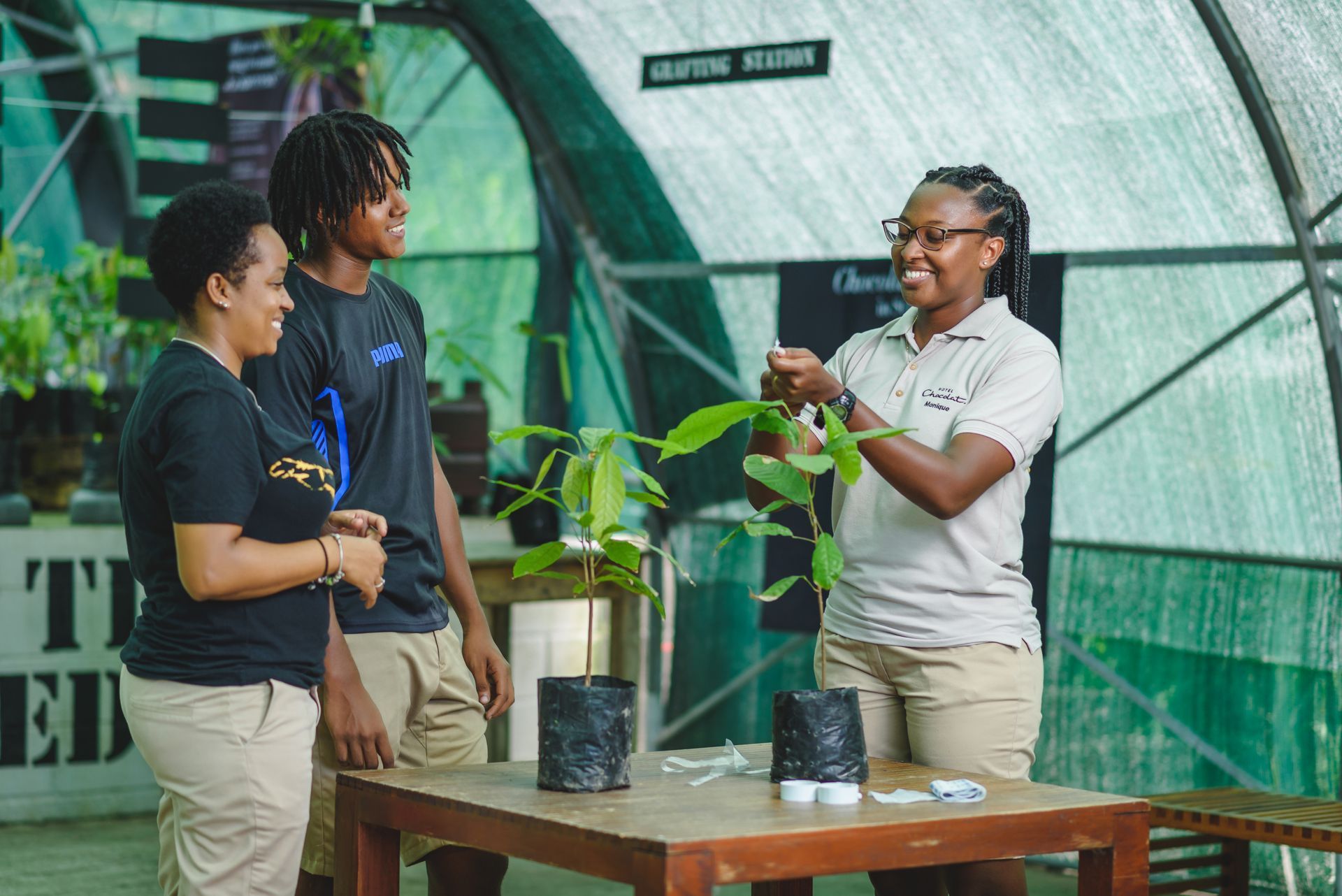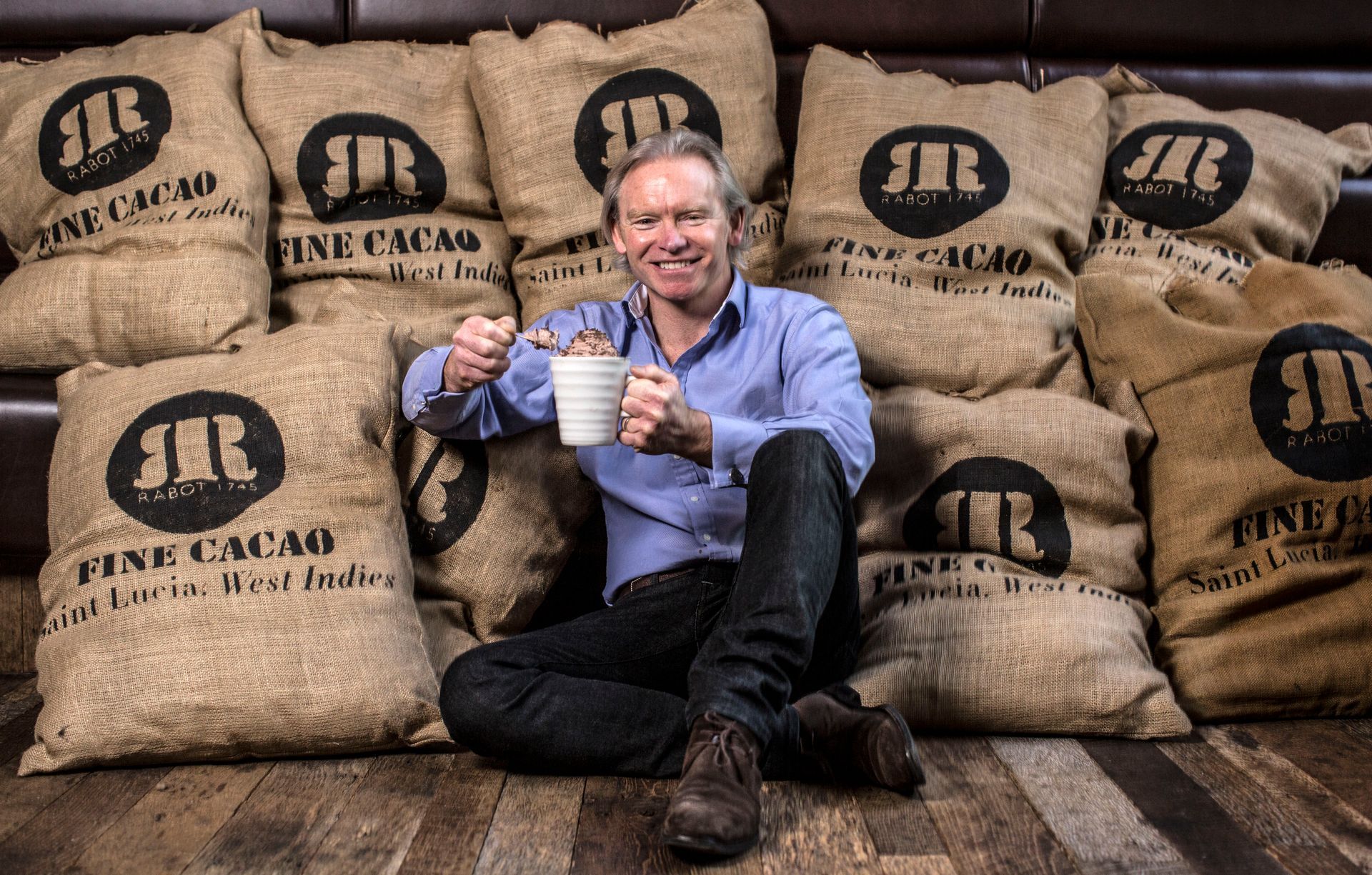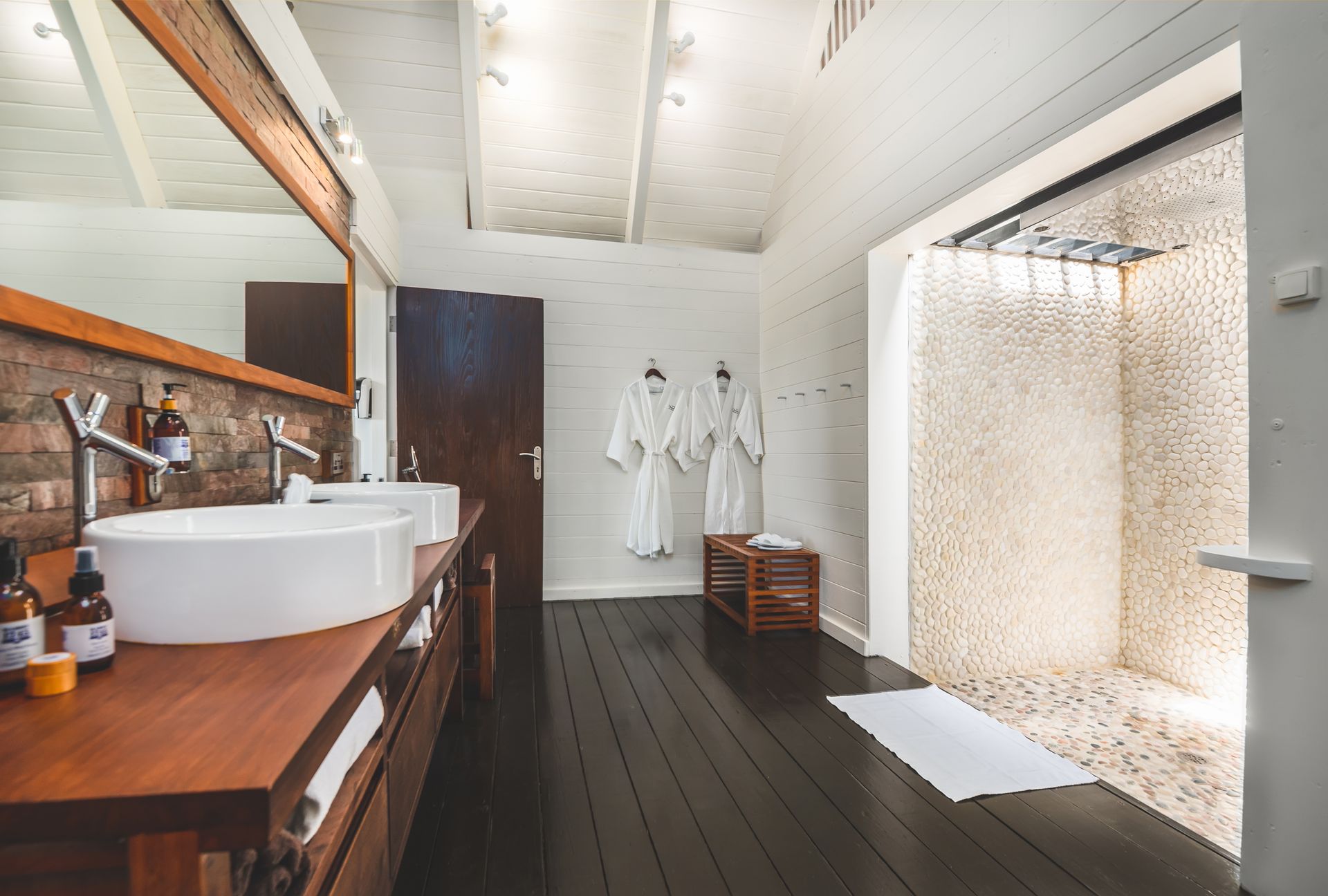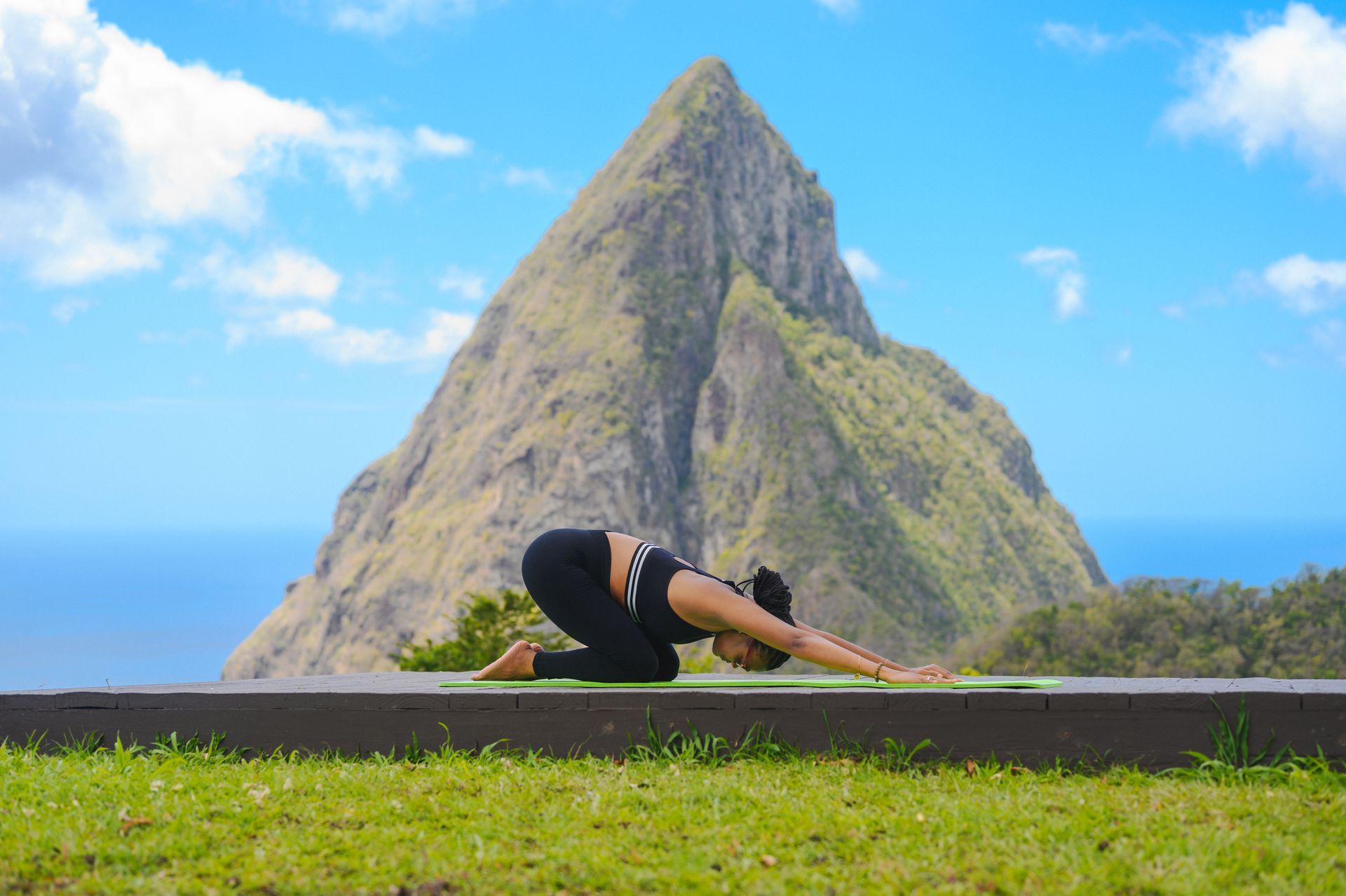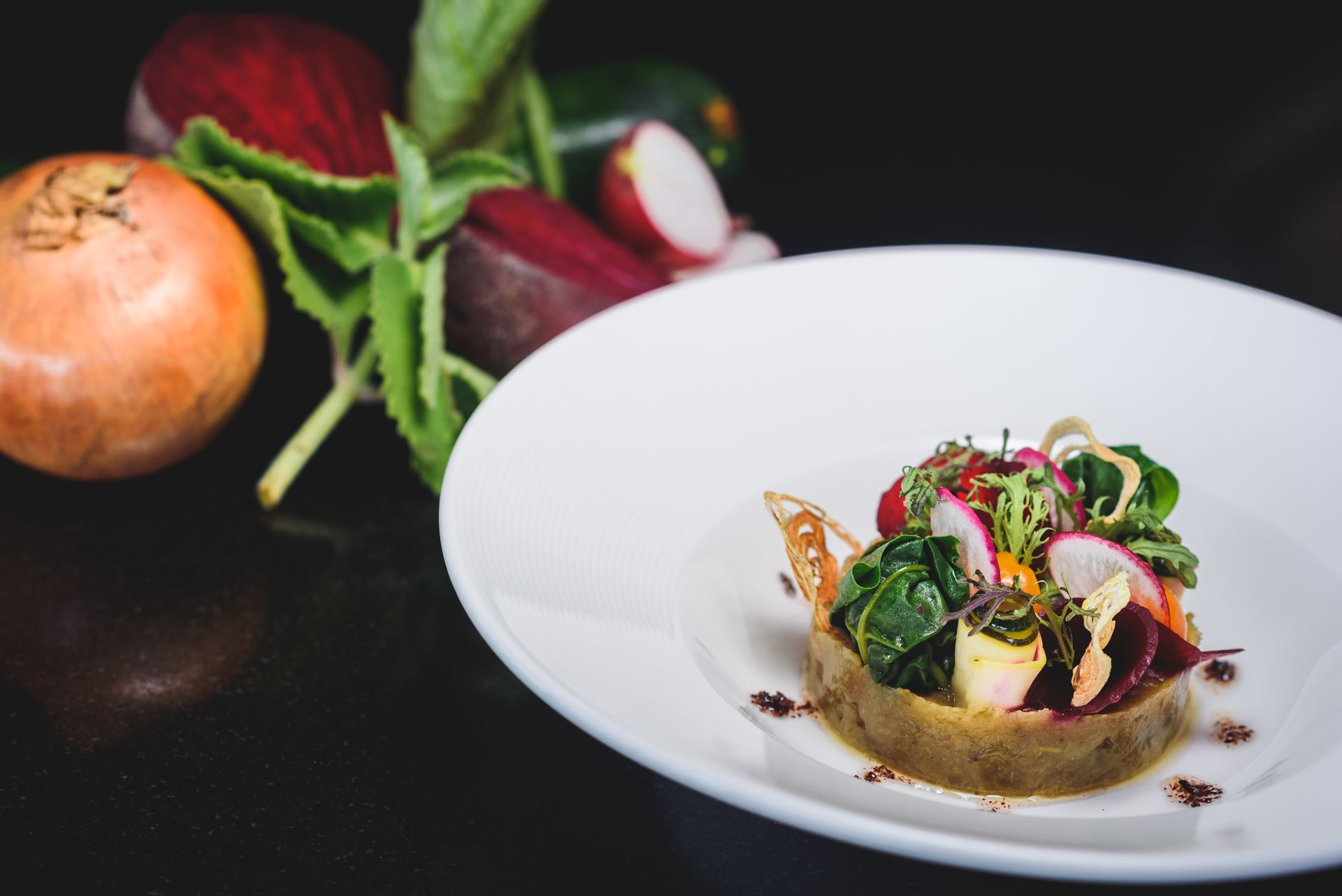Chocolate is just the cherry on top,
Rabot Hotel brings a boutique feel to St. Lucia...
sweet & tropical
Boasting 25 lodges, each thoughtfully designed to blend harmoniously with the natural surroundings, guests are immersed in luxury while respecting the environment.
With its adults-only policy, The Rabot Hotel ensures a serene and sophisticated atmosphere, perfect for couples seeking a romantic getaway or travelers craving a peaceful escape.
From the moment guests arrive, they are enveloped in the sweet aroma of cacao and the unparalleled beauty of Saint Lucia.
expectations & insider tips
Guests are in for a delightful treat with the immersive chocolate experience, Project Chocolat. Here, you can unleash your inner chocolatier and craft your very own chocolate bar! Step into the rainforest for a guided farming tour, where you'll discover the fascinating journey of cacao cultivation from start to finish.
Project Chocolat isn't just about chocolate; it's a celebration of sustainable farming practices. By partnering with local growers, the project promotes eco-friendly initiatives and contributes to the sustainable development of Saint Lucia.
faces behind the inspiration...
Hotel Chocolat, a luxury British chocolate brand, is deeply passionate about cacao. In 2006, co-founders Angus Thirlwell and Peter Harris took their dedication to the next level by purchasing and restoring the Rabot Estate, Saint Lucia's oldest cacao farm. This marked the beginning of their journey as cacao growers, allowing them to immerse themselves in every aspect of farming this vital crop and fostering a closer connection between their customers and the true origin of chocolate—cacao.
At the historic Rabot Estate, Hotel Chocolat has championed environmental and social sustainability since 2006. They practice gentle farming, investing a portion of their annual profits into sustainable initiatives such as shade provision, high-yield cacao seedlings, pruning support, and organic fertiliser workshops. The resort boasts eco-friendly amenities including solar-powered hot water, energy-saving lights, and rainwater harvesting. Organic farming practices, plastic-free policies, and a farm-to-table concept underscore their commitment to the environment. Visitors can explore these sustainable methods through the "Tree to Bar" experience at Project Chocolat.
The resort also preserves local culture, utilizing produce from its cacao groves and gardens and collaborating with local farmers. Staff training programs, fair wages, and community support initiatives, like the partnership with Helen’s Daughters for female farmer education, reflect their dedication to social responsibility. By supporting over 70 cocoa farmers through sustainable practices and premium pricing, Hotel Chocolat fosters ethical labor and improves biodiversity, productivity, and community wellbeing.



